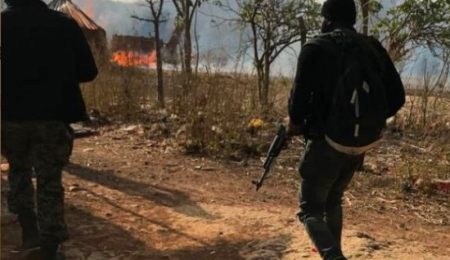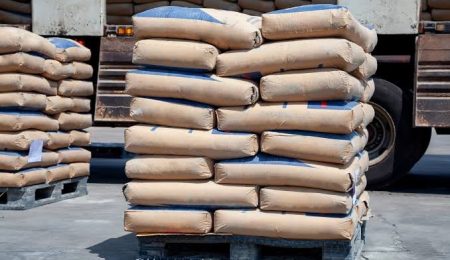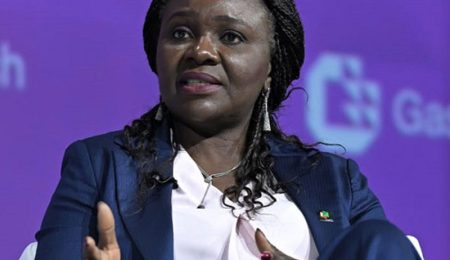Special Adviser to President Bola Tinubu on Economic Affairs, Tope Fasua, has stressed that the only effective way to reduce multidimensional poverty in Nigeria is through deliberate and consistent investment in infrastructure.
Speaking during an interview with ARISE NEWS on Friday, Fasua pushed back against critics who argue that infrastructure projects are misplaced priorities amid high poverty levels. He emphasised that the solution to Nigeria’s deeply rooted, non-income-based poverty lies in building the physical systems that bring people closer to essential services.
“The only way in the books that you can reduce multidimensional poverty is by spending on infrastructure,” he stated emphatically.
Fasua explained that multidimensional poverty goes beyond monetary measures such as daily income. It encompasses access to health services, education, clean water, transportation, and other social amenities. Citing commonly quoted figures — such as 130 million Nigerians living in multidimensional poverty — Fasua cautioned against treating these statistics as static without examining what they truly represent.
“We have this 130 million number from a few years back, and 130 million Nigerians in multidimensional poverty, and people like to quote it a lot. In fact, there’s another one. I was seeing one man say 161 million people in Nigeria are not sure of their next meal. We like to throw these numbers around, and I think that it’s important for government to clarify what exactly it is.”
According to him, annual budgets typically contain allocations for infrastructure, but the key lies in ensuring that those funds are effectively spent and their impact properly tracked. He argued that roads, schools, hospitals, and even airports all serve to lift people out of the non-income dimensions of poverty by connecting them to opportunities and services.
He noted, “I’ve heard opposition parties criticise the current government to say, ‘you guys are spending too much on infrastructure. Why are you building a road from Lagos to Calabar? What’s the need for that?’ Even the airports that some state governments are building is part of the reduction of multidimensional poverty. Now, a few more people are closer to airports to be able to go out.”
He also decried Nigeria’s historically low capital budget, noting that in 2019, Nigeria ranked among the lowest in the world in capital spending per capita—only slightly ahead of the Democratic Republic of Congo.
“I’m all for a bigger budget. Nigeria has one of the lowest budgets per capita in the world in dollar terms, even in Africa. In 2019, I did an analysis. One of the lowest, we’re only better than Congo, DR Congo.
“So now is the time we need to reimagine a new Nigeria, and not get stuck in that cognitive dissonance whereby we can only imagine the bad Nigeria and only think about bad things happening to Nigeria. This is a blessed country.”
Melissa Enoch
Follow us on:



